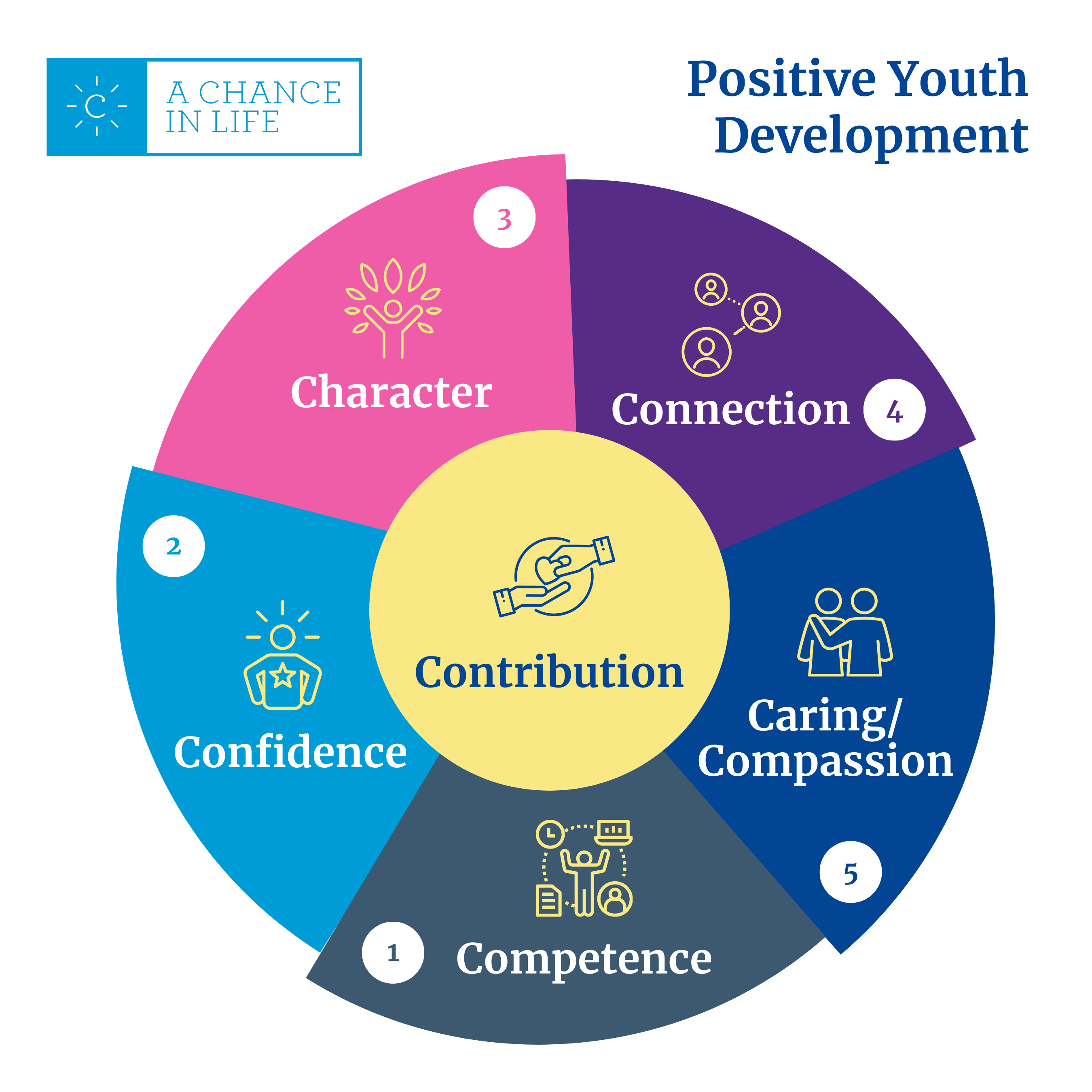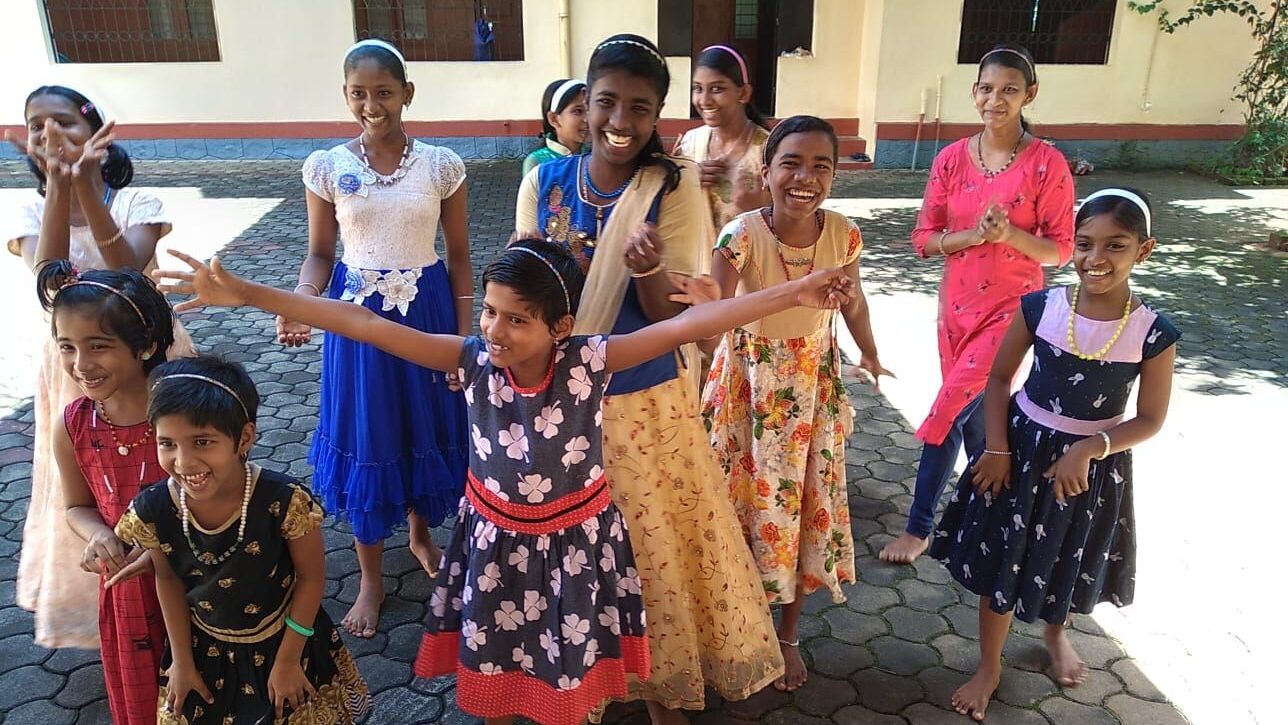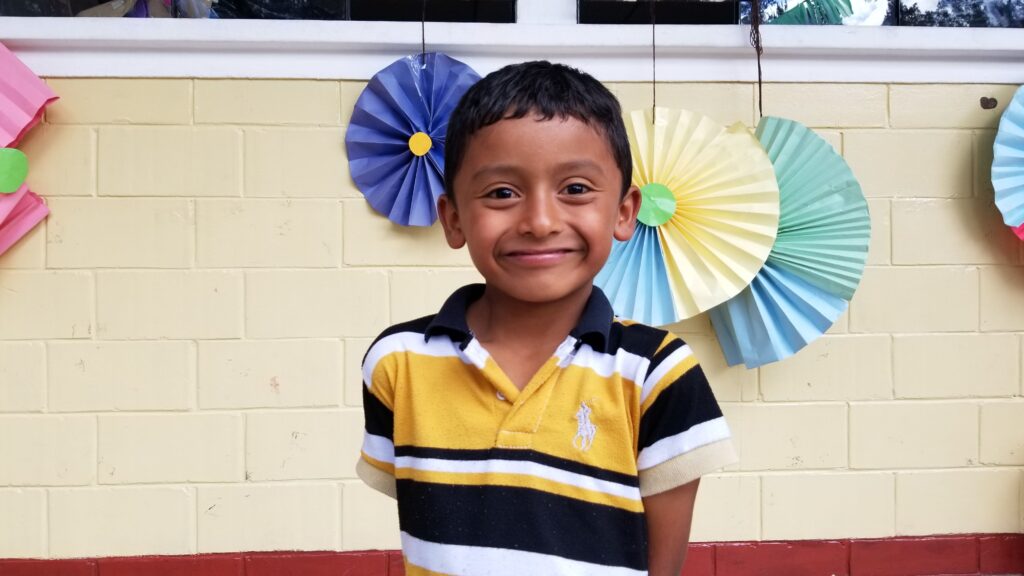Our Approach

Self-government was the educational approach at the heart of A Chance In Life’s origins, more than seventy-seven years ago. When Monsignor Carroll-Abbing served homeless children in Rome, he realized that children had become so accustomed to living on their own that they did not want to return to life controlled by authority figures.
The challenges of keeping children in any kind of service organization inspired Monsignor to create a new way to relate to the young people – the model of self-government where children were made responsible for running the programs, under the supervision of adults.
Over the years, A Chance In Life has expanded to nearly every continent, working in collaboration with an increasing number of local organizations to support young people in the poorest areas of the world. A Chance In Life’s approach has evolved from the model of self-government to Positive Youth Development (PYD), which continues to capture the vision of the founder.
Positive Youth Development (PYD) is a developmental approach where organizations working with children and youth focus on fostering healthy and positive development. PYD emphasizes that development involves mutually influential relations between individuals and their contexts. PYD’s framework focuses on Five C’s: Competence, Confidence, Connection, Character, and Caring/Compassion (Lerner, 2009), to ultimately achieve a Sixth C: Contribution to self, family, community and to the institutions of a civil society.

The Path to Self-government Through Positive Youth Development
The models of Self-government and PYD converge naturally, and in a more organized framework than the two models existed in isolation. The merger of these two models integrates PYD’s measured approaches with means tested data collection and a framework of evaluation and integrates the core tenets of the Self-government model. By teasing out the nuances of what has made the Self-government model so successful from program to program A Chance In Life will be better able to serve and develop their participants and programs.
––––
Lerner, R. M. (2009). “The positive youth development perspective: theoretical and empirical bases of a strengths-based approach to adolescent development,” in The Oxford Handbook of Positive Psychology, S. J. Lopez and C. R. Snyder (Oxford: Oxford University Press), 149–163.
Featured Programs

Girls Town
Kottayam | Kerala | India
Girls Town supports young women who come from extreme poverty in the nearby communities of Kottayam. The girls in the program have the opportunity to foster their leadership skills in a caring and nurturing environment.

Hogar del Niño Nuestra Señora Consoladora
Guatemala City | Guatemala
Hogar Nuestra Señora Consoladora is dedicated to serving male children from impoverished backgrounds. The organization ensures young people have access to nutrition, education, healthcare and other necessities.

 Donate
Donate